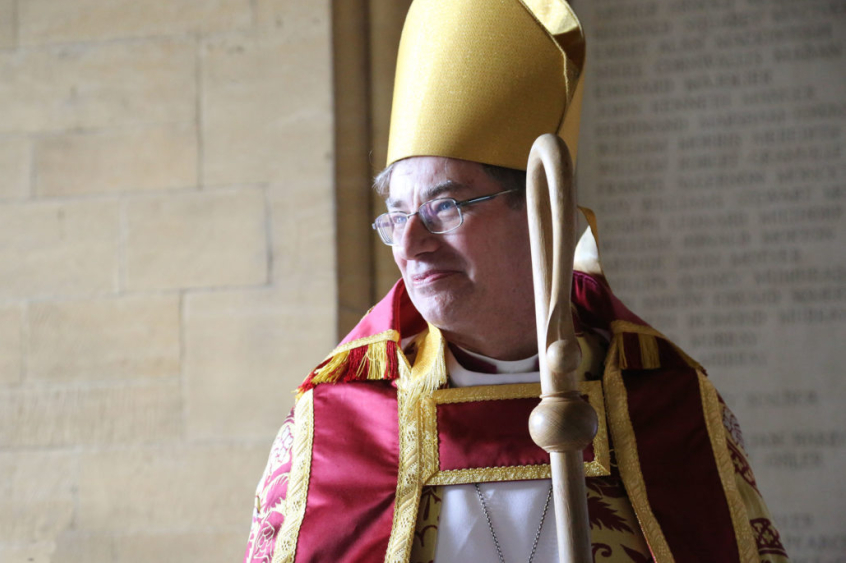Four bishops from one of the largest dioceses in the Church of England have issued a pastoral letter warning clergy against 'instrusive questioning' about sexual practices and saying it is 'unacceptable' to tell people sexual orientation can be changed by faith.

The letter from the Diocese of Oxford to 1,500 ministers is signed by the Bishops of Oxford, Dorchester, Buckingham and Reading.
It also announces a new chaplaincy team for LGBTI+ people, aimed at providing 'insights and advice to clergy and bishops about being church together'.
The letter refers to the call by the Archbishops of Canterbury and York for a 'radical new Christian inclusion in the Church founded in scripture, in reason, in tradition, in theology and the Christian faith as the Church of England has received it' and to the CofE's continuing conversations about the issue. However, it says, 'Whilst this work is going on, attitudes to LGBTI+ people in Church and society continue to change and evolve and other churches in the United Kingdom and the Anglican Communion engage in similar conversations.'
It continues: 'LGBTI+ Christians have always been, and remain, actively involved as clergy and laity in all areas of church life, and at all levels. How open and authentically themselves they may be in this is the issue at stake.' It says the CofE has 'continually failed our sisters and brothers in Christ'.
Debates about sexuality and gender, it says, should be conducted 'with attention to people's experiences and in a spirit of love, mutual care and respect'.
It commends the five principles commended recently to the Diocese of Lichfield by Bishop Michael Ipgrave for 'welcoming and honouring LGBTI+ people'.
Priests should ensure thatLGBTI+ people 'know that there is a place at the table for them, it says; they should not tell people their orientation or gender identity could be changed by faith, or that 'homosexuality or gender difference is a sign of immaturity or a lack of faith', and they should not discourage LGBTI+ people from receiving the Lord's Suppoer.
The letter also affirms that LGBTI+ people are calls to roles of leadership in the Church. It acknowledges 'the great contribution that LGBTI+ Christians are making, and have made, to the Church in this diocese' and highlights 'the need for mission within the LGBTI+ community more broadly'.
The bishops acknowledge that there is no public authorised liturgy for marking same-sex marriages and that while clergy are encouraged to respond 'pastorally and sensitively' to requests. the House of Bishops Guidelines on Same Sex Marriage are clear that services of blessing should not be provided.
However, the letter says: 'This is, of course, one of the key areas under review in the Pastoral Advisory Group. Depending on the timetable of the national group's work, we may look to draw the fruits of our own conversations and reflections together in the short term for the benefit of this Diocese.'













